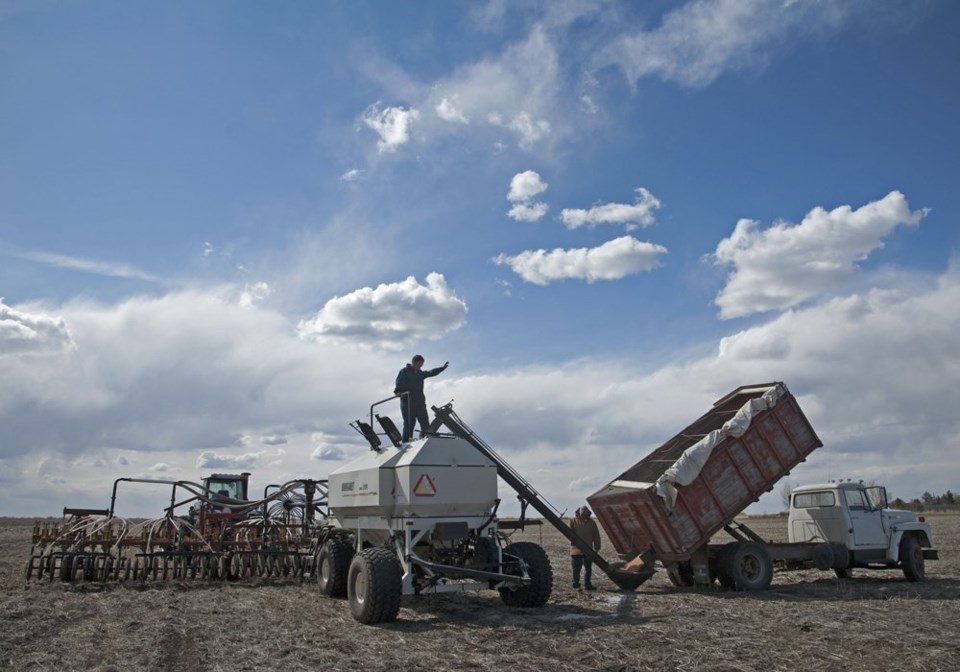Should they get it?
Drought left many producers unable to meet production or delivery contracts this season. Tiny inventories and sky-high prices are leaving grain companies and brokers without replacement options.
Years ago, when the Canadian Wheat Board began offering delivery tools beyond the quota, it followed up with membership educational seminars. At the same time, the commodity exchange in Winnipeg toured producers and brokerage folks around Western Canada where they spoke to marketing groups. It was all about contracts.
“A contract is a contract is a contract” was spoken from many a lectern in the 1990s. The buyers were worried that farmers who found a higher price once the crop was in the bin would deliver to someone else. Crop failures weren’t on the radar.
Selling grain today has opportunities and pitfalls. Last winter, a contracted durum price of $8.50 per bushel picked up at the yard looked pretty good for the 2021 harvested crop. And $12 canola wasn’t hard to pencil into a farm’s operations. In many cases those pencil scratches turned into ink as producers signed large-acre contracts for not-yet-seeded canola and other crops.
The early part of this season offered little indication of what was to come in the commodity and special crops markets. As world grain and oilseed stocks tightened and south Asian import restrictions fell away, the price of North American grains soared. At the same time, spring and summer rains never came.
Demand and expected demand quickly outstripped potential and real supplies. Buyers found themselves contractually committed to deliver a crop that wasn’t coming. High prices made defaults even more unaffordable for farmers. And the old contract mantra seemed more important than ever.
Some grain companies and brokers are providing limited relief from delivery contracts. Some are not. Some cannot. That inconsistency is also becoming difficult to bear.
Without that relief, many producers see penalties that erase this year’s margins. And it’s occurring in a rare year when profitability on cash margins was almost ensured, even with poor yield.
Penalties weren’t so severe in the past because there were regional replacements available. Buyers could offer some relief. Or at least the penalties weren’t so severe. This year, the vast spread between cash and contract prices has made that difficult.
If the boots were on the other feet, producers wouldn’t let grain companies out of their responsibilities. However, grain buyers have some tools to offset risks when they buy grain. Farmers have few mitigation options.
Crop insurance at last year’s rates is only there to offset production costs so a grower can take another crack at a crop. AgriStability is the same.
Several years of profitability and reliable yields fostered confidence in the relative safety of production contracts. Lenders have long suggested that farmers contract portions of their acreage, largely to protect the lenders themselves.
While growers should limit themselves to contracting to the levels of their risk mitigation, the weather and global markets are outside the range of their risk management tools.
Buyers need to make reasonable allowances for extreme situations, ones where farmers are faultless. Contracts offer stability to producers’ operations and for grain companies and their customers. They shouldn’t destabilize a farm when all goes wrong.
Otherwise, in the coming years, it might not be so easy to squeeze ink from a farmer.
Karen Briere, Bruce Dyck, Barb Glen and Mike Raine collaborate in the writing of Western Producer editorials.




